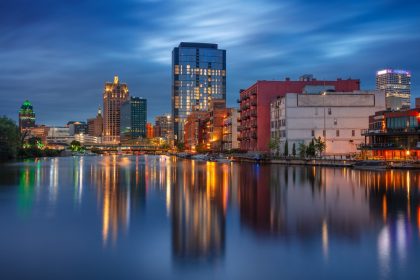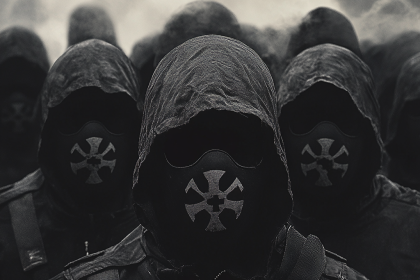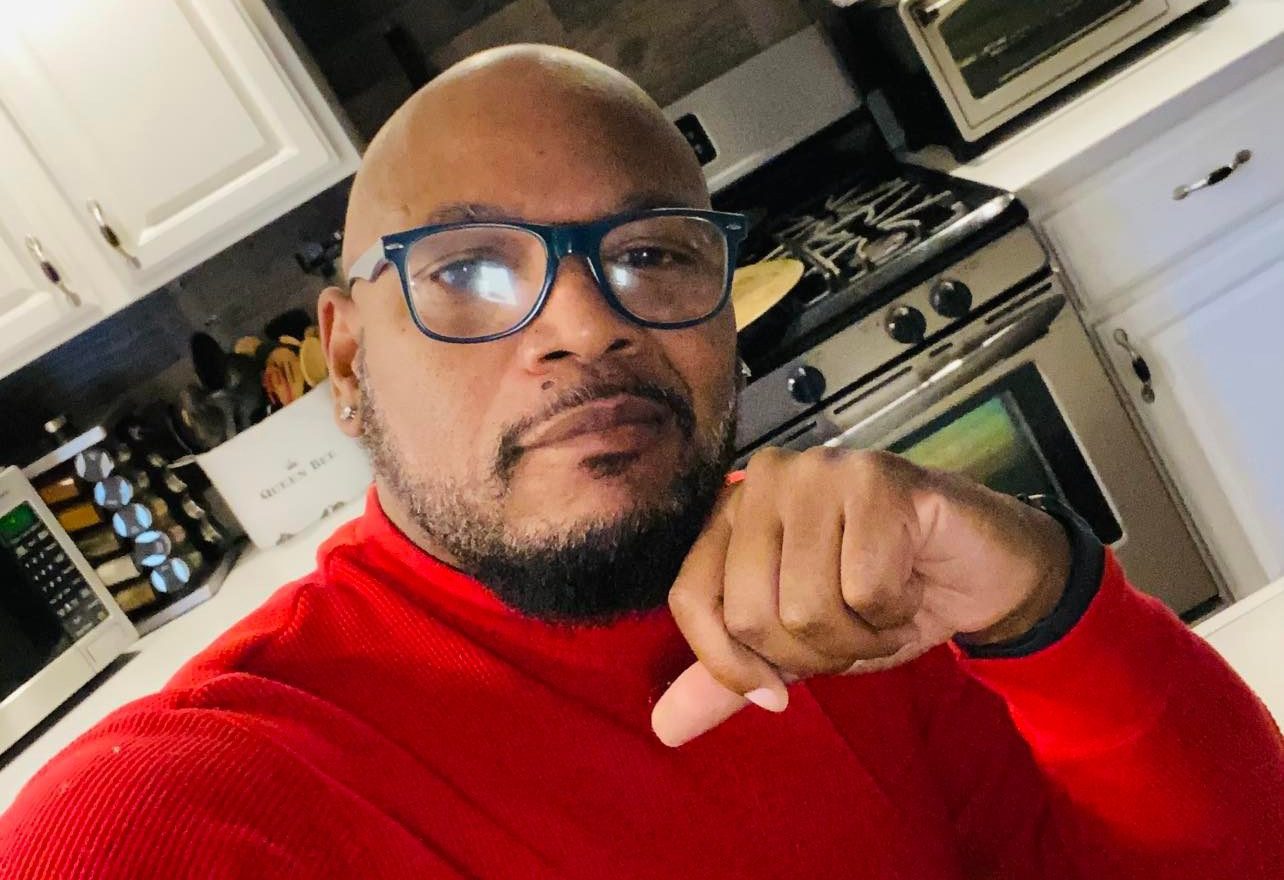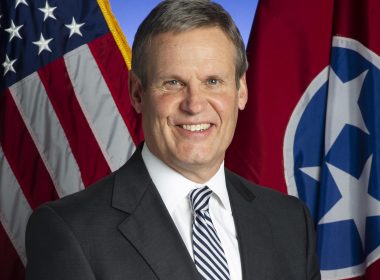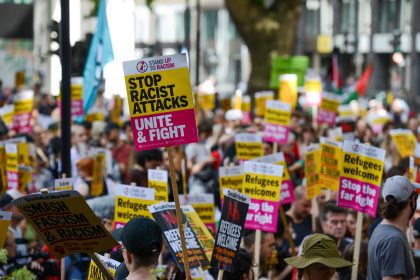
There are a number of buildings and institutions in America named after highly-questionable people and reprobates. The J. Edgar Hoover FBI building in Washington, D.C., as an example, is still named after the racist, homophobic director of the Federal Bureau of Investigation who flagrantly trampled on the civil liberties of countless African Americans and other citizens, activists, politicians, dignitaries, athletes and entertainers during his five-decade reign of terror and intimidation as the nation’s top cop.
Therefore, many people celebrated when Florida’s Duval School District finally changed the name of the high school that was named after the reputed Ku Klux Klan leader Nathan Bedford Forrest after years of fighting.
There are still other schools, school districts and colleges around the country that are named after men, as pointed out by Huffpost, who held white supremacist views or were active members of the KKK. Take a look at some of the men below.
Sen. Robert C. Byrd, West Virginia:
Byrd actually started a chapter of the Ku Klux Klan in the 1940s in his hometown and has a number of schools and university colleges named after him in the state. He would, however, denounce the organization when he ran for Congress a decade later, which could be viewed as political expediency because he did try to block the passage of the landmark 1964 Civil Rights Bill being ushered through by President Johnson. It must be noted that Byrd would later apologize for his views and involvement with with white supremacist group and later received high marks from the NAACP.
Charles Brantley Aycock, N.C.
You wouldn’t think that renowned and elite educational institutions like Duke and the University of North Carolina-Chapel Hill would have colleges and/or statues named after racist politicians.
But Aycock not only has schools named after him in Greensboro and Pikeville, he has a number of “monuments and buildings named after him” on the campuses of the aforementioned colleges. Serving as governor during the apex of the South’s rebellion against Reconstruction, Aycock actively ran on the promotion of white supremacy and the disenfranchisement of African Americans in his state, helping to institutionalize the debilitating Jim Crow laws that lasted throughout the first half of the 20th Century.
To see the rest of the list, click here.

